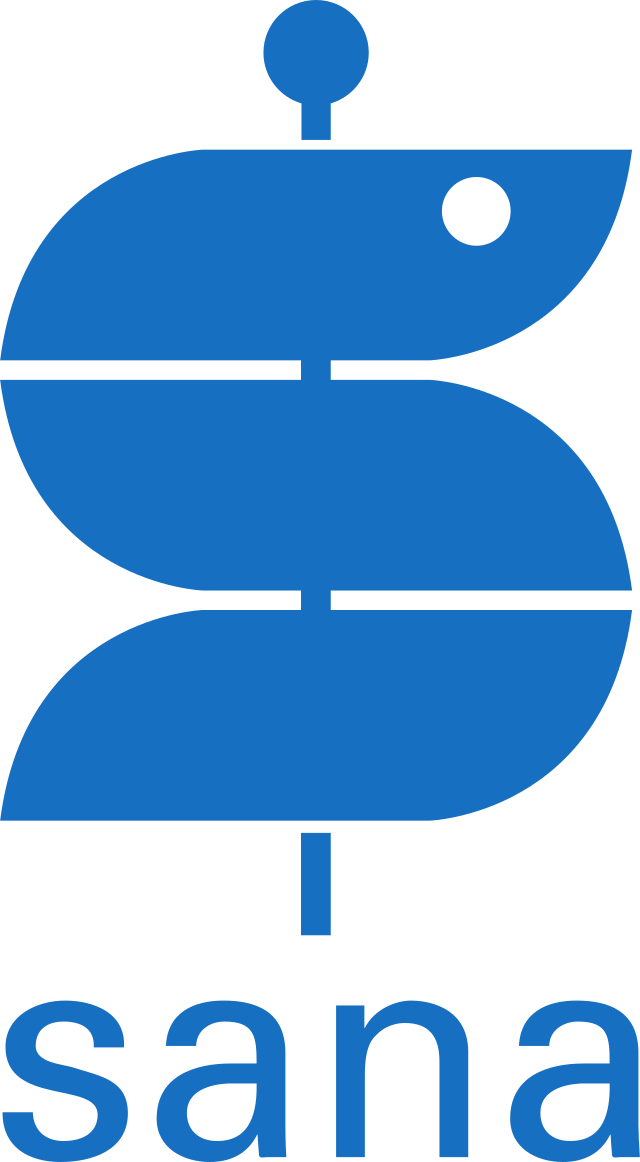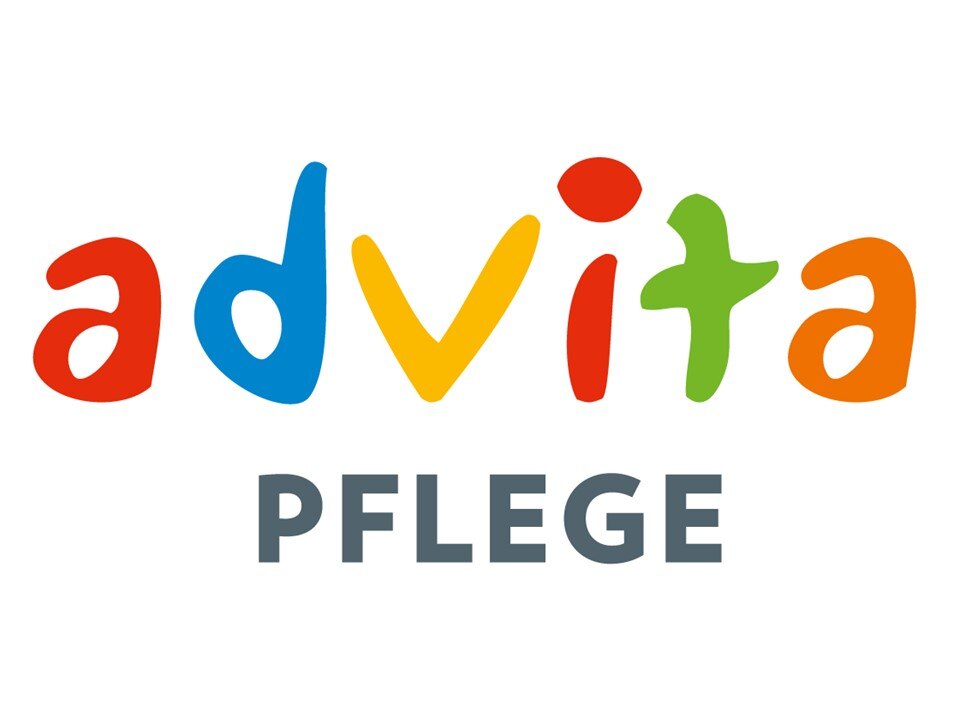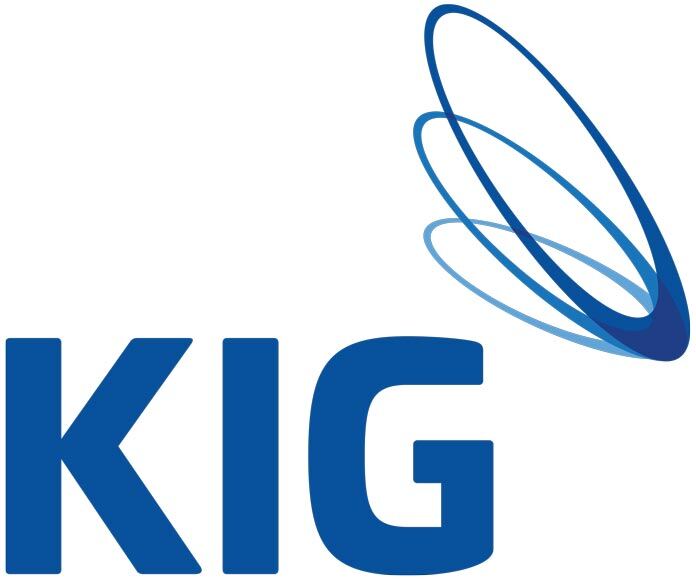
Information Security for Hospitals and Care Facilities
Get to know Akarion's GRC Solutions
At the same time, few other areas process more sensitive data or have such a direct impact on IT security.
How hospitals and care facilities can protect patient data from cyber attacks
Digitalisation brings challenges but also opportunities for hospitals and care homes. While electronic patient records and digital tools are helping to make efficient use of scarce resources and deliver good healthcare, hospital and care home board members, CISOs and ISBs are facing new challenges in the digital age. One particular challenge is the ever-present threat to patient safety posed by cyber-attacks. The sensitivity of the data processed in hospitals and care centres is disproportionate to the IT protection measures in place. Attackers have long since realised this. Recent cyber security studies conclude that attacks on IT systems in hospitals and care centres are highly likely to occur and have devastating effects.
In response to the apparent high risk, European and national legislators have created a dense web of specific regulatory requirements to protect IT systems in hospitals and care centres. This does not only apply to so-called critical infrastructures. The IT-SiG in Germany and the NISG in Austria, the BSI IT baseline protection including the German § 8a BSIG, the B3S standard and § 75c SGB V are just some of the relevant regulations.
Why clinics and care facilities need an Information Security Management System
Compliance with hygiene standards is only one aspect. A sufficient level of IT protection is now also a legal requirement for the operation of a hospital. Hospitals and care centers are therefore forced to implement a wide range of technical and organisational measures to protect their IT systems, to document them transparently and to regularly review their measures and systems. Clinics, hospitals and care facilities are therefore obliged to establish an effective information security management system. All this in the face of increasing cost pressures, staff reductions and the growing need for digitisation.
Why unsystematic documentation and outdated tools lead to risks for hospitals
Setting up an ISMS poses a number of problems in terms of content. In practice, policies and other information security documents tend to be unsystematic and scattered. In addition, many stakeholders and managers from different departments need to be involved and their tasks need to be distributed and monitored. Hospitals and care centres often still use Word and Excel. This makes it difficult to provide evidence of a properly implemented ISMS or Business Continuity Management (BCM), although this is regularly requested by auditors and insurance companies. Lack of evidence can lead to poor audit results and increased insurance premiums.
The use of simple yet comprehensive software enables you to overcome the various challenges involved in setting up and operating an ISMS in a cost-effective and efficient manner. At Akarion, we offer you exactly this solution.
Efficient ISMS setup with the Akarion GRC Cloud
As a SaaS solution, the Akarion GRC Cloud can be used immediately without any set-up costs or technical implementation effort. Thanks to the intuitive usability and the help centre, you will be able to use every module of the GRC Cloud immediately.
The GRC Cloud has the depth and functionality required for an ISMS, including BCM, as well as other compliance topics such as data protection and audit management or whistleblowing. The benefits are clear:
- Increased efficiency compared to Word & Excel, as all documents and information can be linked together without redundancy;
- Easier cross-departmental documentation with transparent and customisable reports that can be generated at the touch of a button;
- Proof of compliance, especially updates, can be provided more quickly and accurately;
- External audits become cheaper and easier thanks to pre-audits and the traceable creation of documents in one system;
- The use of a central tool alone indicates a high level of maturity of the ISMS, as it allows integrative compliance to be demonstrated. Compliance is practised across disciplines, documented throughout and the PDCA cycle can be mapped continuously;
- A SaaS solution ensures a crisis-proof ISMS compared to on-premises solutions (e.g. if access to documents is not possible due to external circumstances such as a fire);
- a SaaS allows staff to focus on their core business (healthcare) instead of tying up human and financial resources in software maintenance and upkeep; and
- Teamwork is much easier and location-independent thanks to the digital distribution of tasks.
Thanks to the ISO 27001 certification of the Akarion GRC Cloud, our customers can at any time provide transparent proof of the maturity of their ISMS, which is recognised by auditors. The ISMS can also be easily extended with our modules for data protection, whistleblowing or business continuity management.
Organisations already using Akarion GRC solutions




